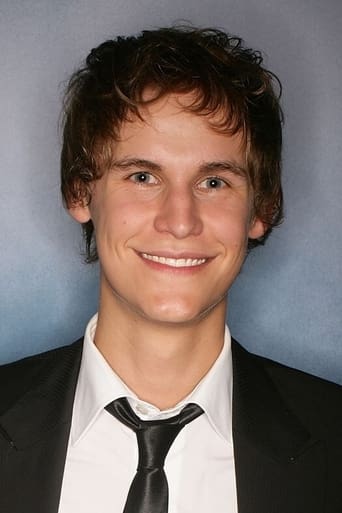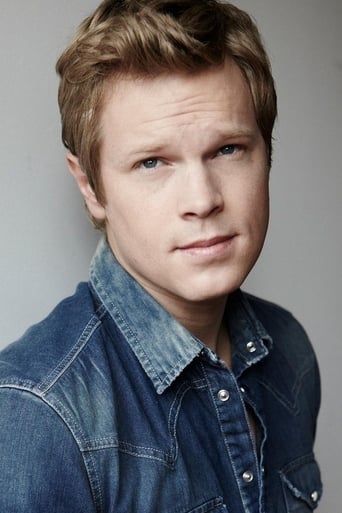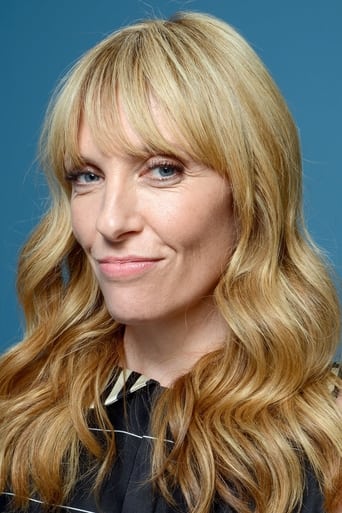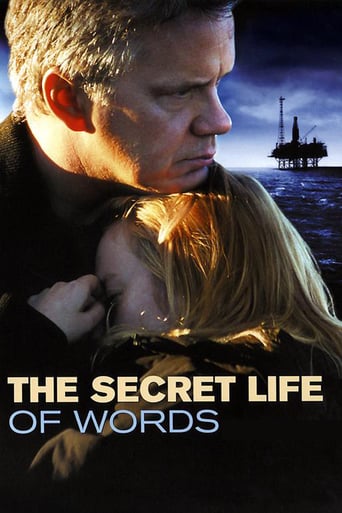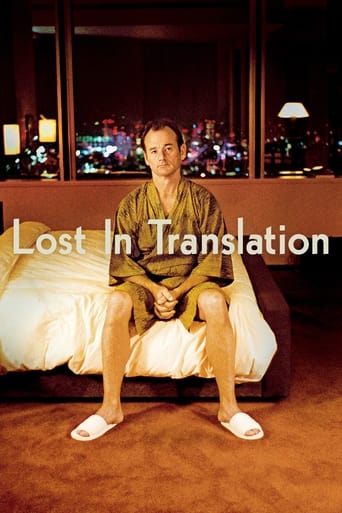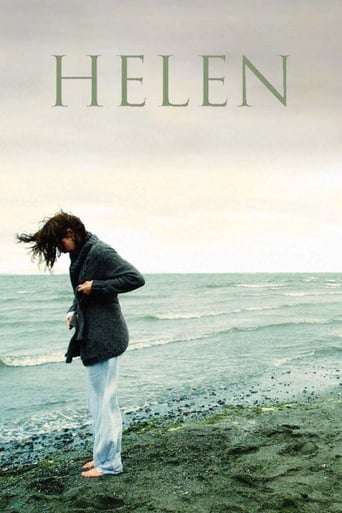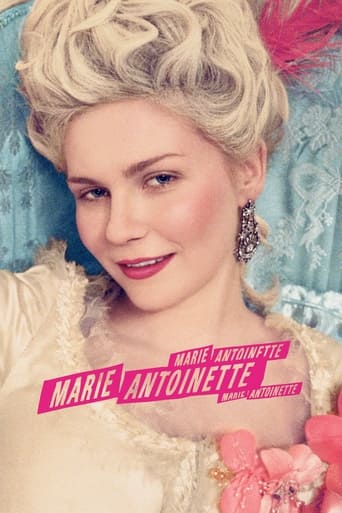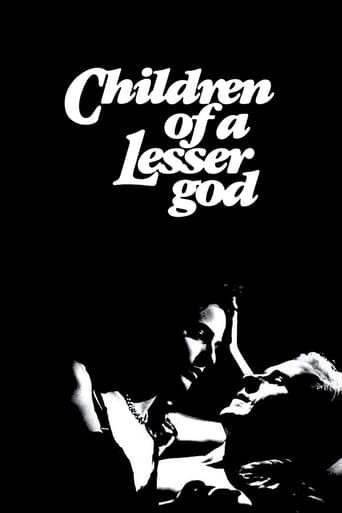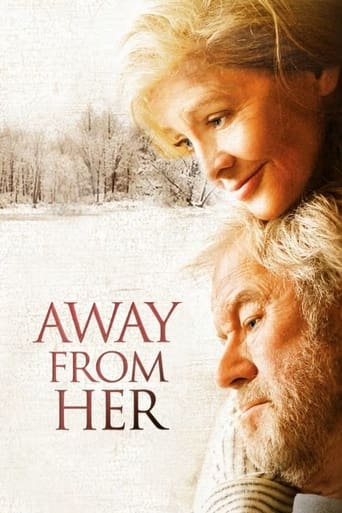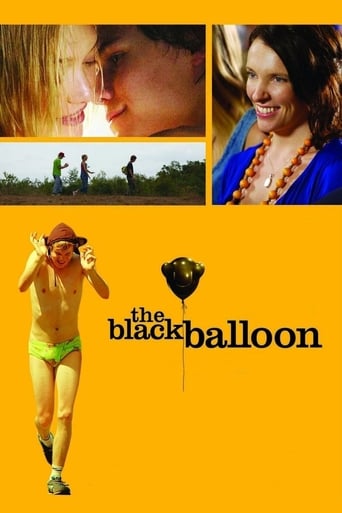
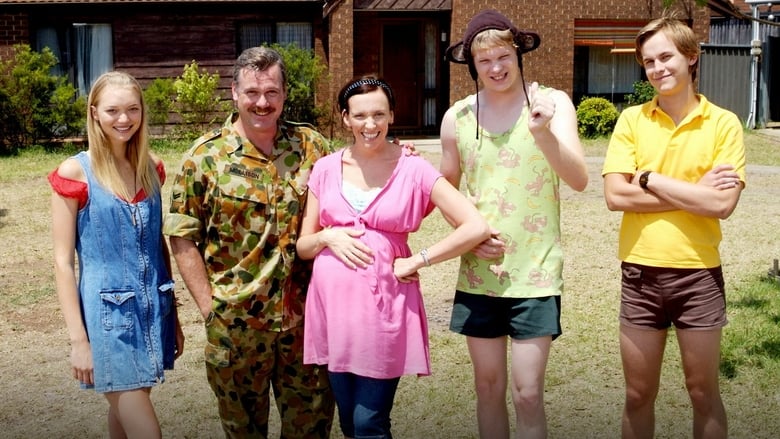
The Black Balloon (2008)
Thomas is turning 16. His dad's in the army and they've just moved to a town in New South Wales; his mom is pregnant; his older brother, Charlie, who's autistic, has his own adolescent sexual issues. Thomas finds Charlie an embarrassment in public, so when Thomas is attracted to Jackie, a girl in his swim class, Charlie presents any number of obstacles when she drops by their house, when the three of them go for a walk, and during a family birthday dinner. Can Thomas find a way to enter the world of teen romance and still be his brother's keeper, or is Charlie's disability going to prove more than Thomas can handle?
Watch Trailer
Cast


Similar titles
Reviews
The film makes a home in your brain and the only cure is to see it again.
Through painfully honest and emotional moments, the movie becomes irresistibly relatable
This is a coming of age storyline that you've seen in one form or another for decades. It takes a truly unique voice to make yet another one worth watching.
The film never slows down or bores, plunging from one harrowing sequence to the next.
Elissa Down's The Black Balloon, a semi-autobiographical piece that layers the experience of autism within a suburban family over a more traditional coming of age story, is officially the first Australian cinema success story of the new year. Recently awarded the Glass Bear for Best Film at the Berlin Film Festival's Generation sidebar (essentially, films for a teenage market), Down's film is also the first wide-release Australian narrative of 2008.The Mollisons, a through-and-through Aussie family of mild, loving dysfunction have taken to a new lease of suburbia. Thomas Mollison (Rhys Wakefield) is doing the whole kid-in-a-new-town shtick, trying to fit in at school, playing for the attention of the prettiest girl in class, Jackie (Gemma Ward), when complications with his mother Maggie's (Toni Collette) pregnancy force him into a more active care giving role with his younger autistic brother Charlie (Luke Ford).Trying to negotiate adolescence under the shadow and responsibility of Charlie's public behavior, as he runs semi-naked around the neighborhood, uses the toilets of random houses, rubs excrement onto his bedroom floor and chews tampons of said girl, Luke struggles to accept Charlie, lurching between love, understanding, embarrassment and teenage resentment.Down's film's greatest strength is in its frank and unflinching observation of autism, in moments of abjectness and social confrontation, neatly underpinning and usurping the more expected clichés of its background boy meets girl story. The film feels like it crosses the line from a movie-lite or semi-tragic representation of autism, and into displaying it in a way which is awkward, uncompromised and unglamorous for the screen. The general public's reaction to Charlie slides from mild discomfort to overt disdain to pronounced horror as he produces the kind of socially awkward moments usually reserved for American presidential speeches, and The Black Balloon's writing and direction in this regard are generally successful in enabling the viewer to sympathise and understand the love, confusion, and frustration that encircles Charlie from his nearest and dearest.Luke Ford (strangely enough, soon to be seen on screen as the second lead in the next Mummy movie) ingratiates himself into Charlie successfully (apparently it was a role developed with more than a slight touch of method acting via in-character stints at local shopping malls) admirably, giving a real sense of Charlie's emotional range within the focus and constraints of his own attentions. But it is Gemma Ward as Jackie who, surprisingly, is the real acting life blood of this story. A former model, Ward is undeniably a screen presence, but is moreso charismatic, and negotiates a strong sense of girlish optimism and a more mannered kind of maturity to the proceedings in a similar way and function reminiscent of, say, Natalie Portman's performance in Garden State. Similarly, Rhys Wakefield anchors his role admirably between the two.But excepting the presence of an autistic child, the script here seems to be at pains to otherwise provide cliché upon cliché through its setup of its all too true blue Aussie family, from a battler mum (which Toni Collette does some admittedly impressive domestic scenery chewing with) to a battler Dad, to its broad stroke depictions of Australian culture (the Dad's hung up on his old car, the surf life saving classes in which the school content is pretty much exclusively built around). The background to its central fraternal relationship, one of amiably chaotic family life, is at best familiar and at worst uninteresting.And as a minor, slightly geeky, aside: there seems to possibly be some confusion in the scripting and the art department in regards to time setting with this one: weren't Stack Hats/spokey-dokeys and Super Nintendos a good ten years apart or so? The Black Balloon is ultimately a small story, one that runs the all too familiar gambit of coming of age, first love, growing into maturity and negotiating your own sense of youthful acceptance. But it describes those things in some unfamiliar territory through its frank and honest depiction of autism, and hence comes recommended.Nb. Just out of pure compulsiveness, it should also be noted that, weirdly, this is the third film in the last few years which resolves its drama by having the main character(s) humiliate themselves onstage in a song and dance number, as a means of providing solidarity at the sake of public embarrassment. The other two are About a Boy and Little Miss Sunshine, and they all star Toni Collette, who watches said performance plaintively from the sidelines. What gives? If she wants to get typecast into the world's most unlikely niche, she's on her way!
Osmosis, I don't care whether you liked the film or not. That's a personal choice. Personally, I thought it was great. 'Fraudulently obtained' taxpayer money? Fraudulently obtained obviously because you didn't like it. It didn't fit into your box. Does a film that you like that I don't (that has been funded by Government Filmcorps) also fall into the 'fraudulently obtained' category. I'm guessing not. I've always been amazed at this line of thought. Money wasted you say. I'm quite happy to let Government bodies fund crap films until the cows come home. As long as about one in ten is a classic. Which usually happens. Good public money spent! And what is a quasi-plagiarist rip-off? You're either a plagiarist or you're not (no quasi about it) and plagiarist rip-off is the oxymoron of all oxymorons. And I've got to add: "Obviously the American Film Industry has been totally conned into believing our mainstream people have talent which explains the constant stream of ever worsening quality of films these days." That doesn't make any sense whatsoever. Do you mean the American Film Industry has taken all our talent so now there's no-one left and as a result our films are crap or do you mean that Americans are making our films huge box-office hits, through their naivety (being conned), and so we keep making the films you don't like. The latter premise is nonsense because our films don't make big Hollywood money whilst the first premise is self-evident by your logic. As Tarantino had Michael Madsen say 'I'm betting you're a big Lee Marvin fan'. I'm betting you're a big Crocodile Dundee fan. Not that there's anything wrong with that. I have it myself. But there's different ways to watch different films. I hate Elton John's music but I can understand why people like it. You obviously have an oligarchical problem with some film board. Script rejected?
Australian filmmaker Elissa Down's THE BLACK BALLOON is a thoughtful film, down to earth with no apology in depicting a close-knit family of four (Toni Collette as Mom who is pregnant with a fifth member coming, Erik Thomson as Dad whose army life demanded constant moving, and two teenage sons: Luke Ford as Charlie the autistic one who is older in age but not in behavior, and Rhys Wakefield as baby-face Thomas in his uneasy growing teen period) - taking on living with autistic challenges everyday (sometimes by the moment).It is a coming of age story revolving around 17-year old Thomas, how he deals with the people around him: his brother Charlie, Mom and Dad, schoolmates, new friends and neighbors. There is more than meets the eye. Thomas seems to be battling inner conflicts, dilemmas he's reluctant to confront: "Will Charlie ever be normal?" he asked. "Charlie is not my problem," he shouted. Mom and Dad are both very patient and tolerant. The family's togetherness is very much held by a determined mother (again, brilliantly portrayed by Toni Collette) that would not 'give up' on her eldest, and Charlie is treated just like any child having his (normal) tantrums and (unpredictable) antics. As the film progresses, we feel for Thomas' frustration with Charlie, and welcome the relief of his delights with popular girl at school, Jackie (Gemma Ward gave an endearing portrayal) who has no problem hanging out with both Thomas and Charlie. She (from a single-Dad family) accepted Charlie with equal normalcy and seemed to fit into Thomas' family rather well.Like any family life, there are turn of events: Mom has to be 'confined to bed' at the hospital prior to birth of baby, so Dad and Thomas are left with the charge to handling Charlie's day to day needs - a learning curve that Thomas didn't expect. Through the ups and downs (Thomas' driving lesson with Dad in his car, Thomas' birthday family celebration 'blow out' with Jackie present), anguish and laughter (yes, that happens, if only we can laugh it off and let go more often), a new family member did arrive, and at Charlie's school performance, Thomas had his coming of age challenges and came through understanding his brother Charlie more. Director Down spares us no 'mushy' sentiments or Hollywood 'feel good' pressures - she delivered a bold and assured script (co-written with Jimmy Jack, telling like it is from her personal experience with two autistic brothers) and gave us a film we can appreciate the possible family warmth that can be steadfastly generated in challenging circumstances. "The Black Balloon" has hardly the hint of a debut feature from a talented filmmaker to watch, Elissa Down. The casting of Luke Ford and Rhys Wakefield paired as the two brothers is a godsend, indeed. Convincing performances all round.Enjoy also the interesting opening credits: at the corner of your eyes, you could notice there are 'extraneous' words or obvious name labels of things within each frame, e.g., grass, sky, wall, jeans, fence - as the credits roll on. Ah, it's for the sake of Charlie, the autistic brother and the rest of the family, too.
This movie, while accurate, is the most disturbing piece of cinematography on autism that I've ever seen. I have personal experience with autism, my sister and I had to leave the theater in the middle of the movie because it so accurately portrays the life of a family that has experience with autism. I would not recommend this movie.I think this would be helpful for people who would like to understand autism better. But people who have children or siblings with autism should avoid this movie, it's an emotional roller coaster which could prove to be too much on the more sensitive family members.


